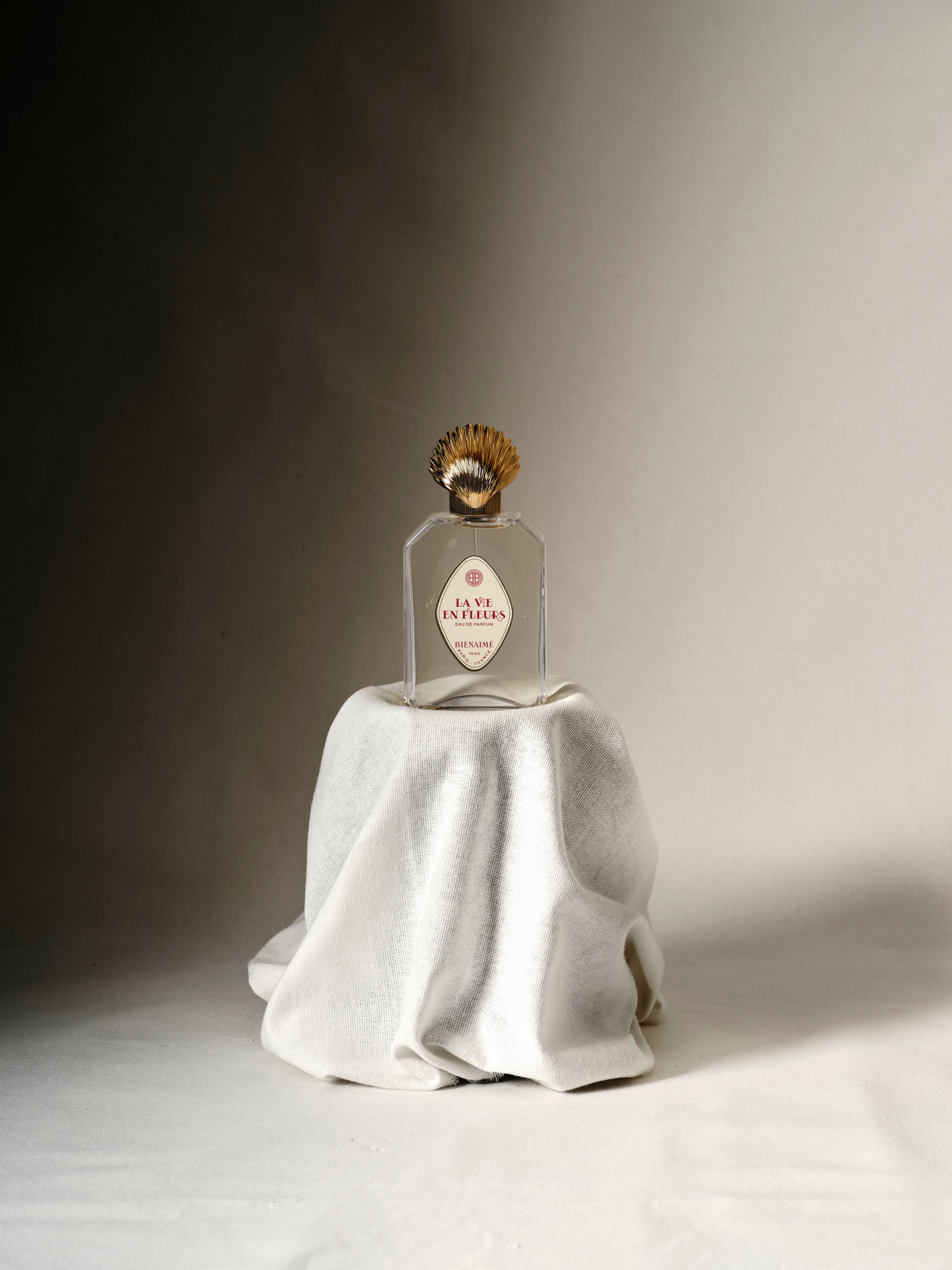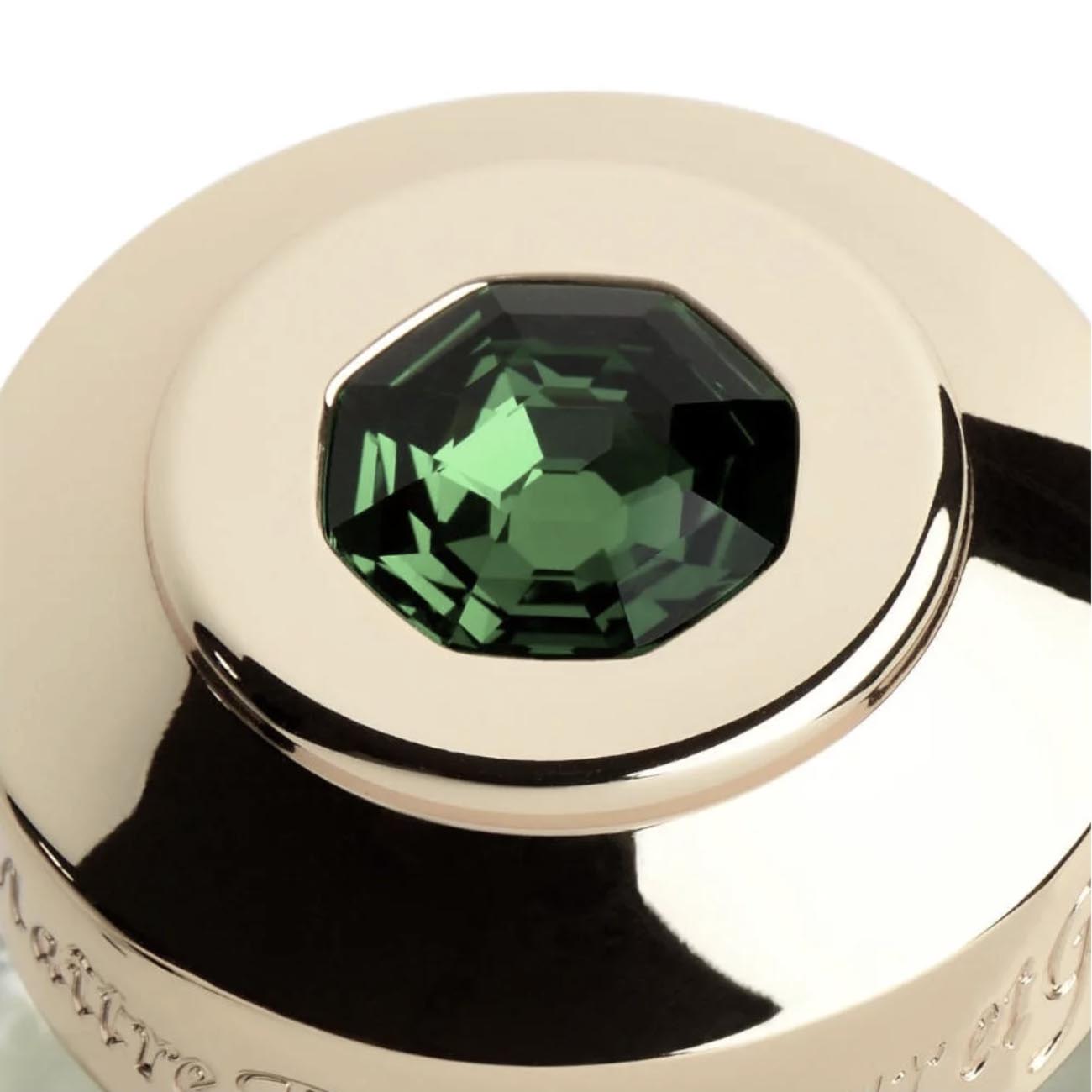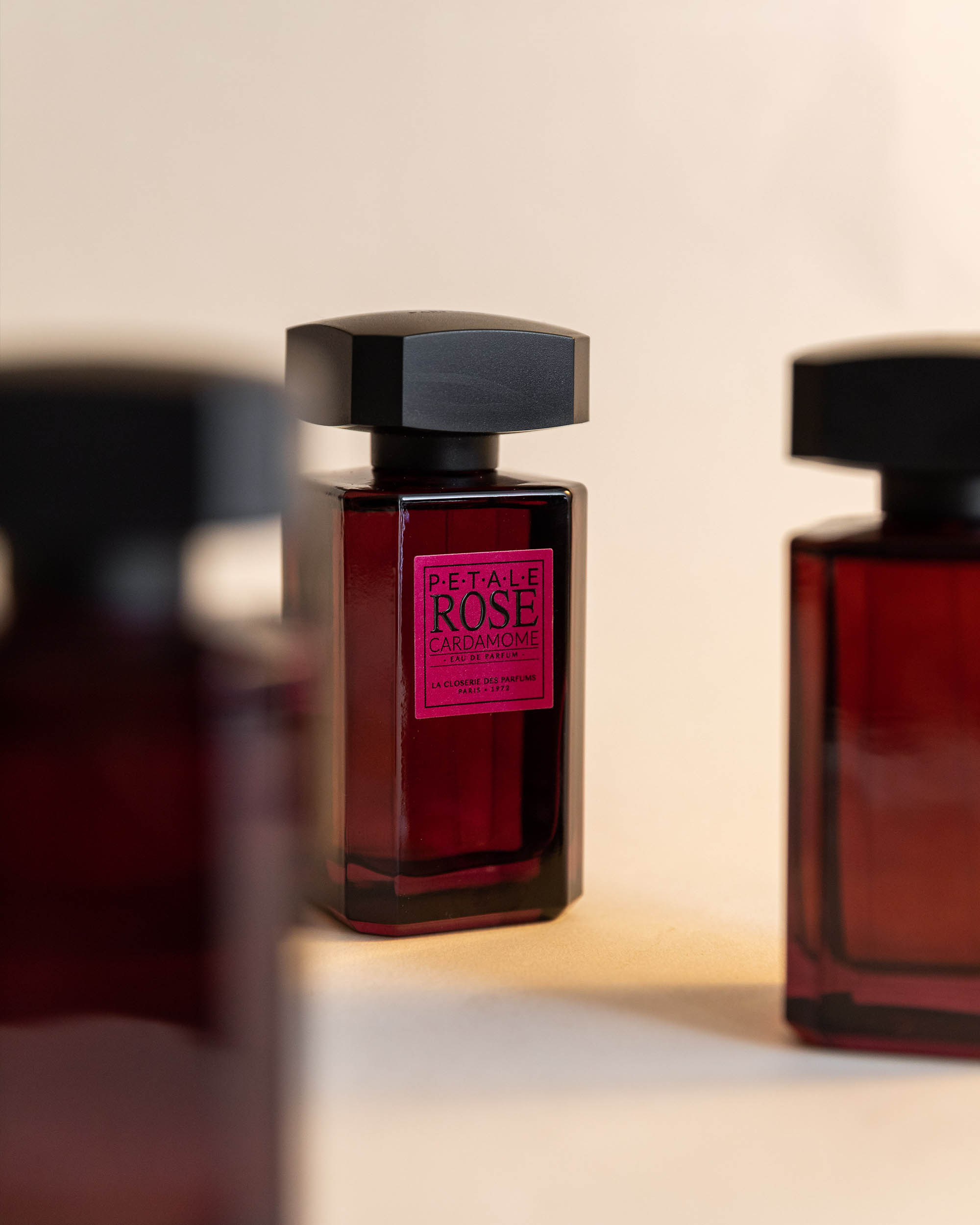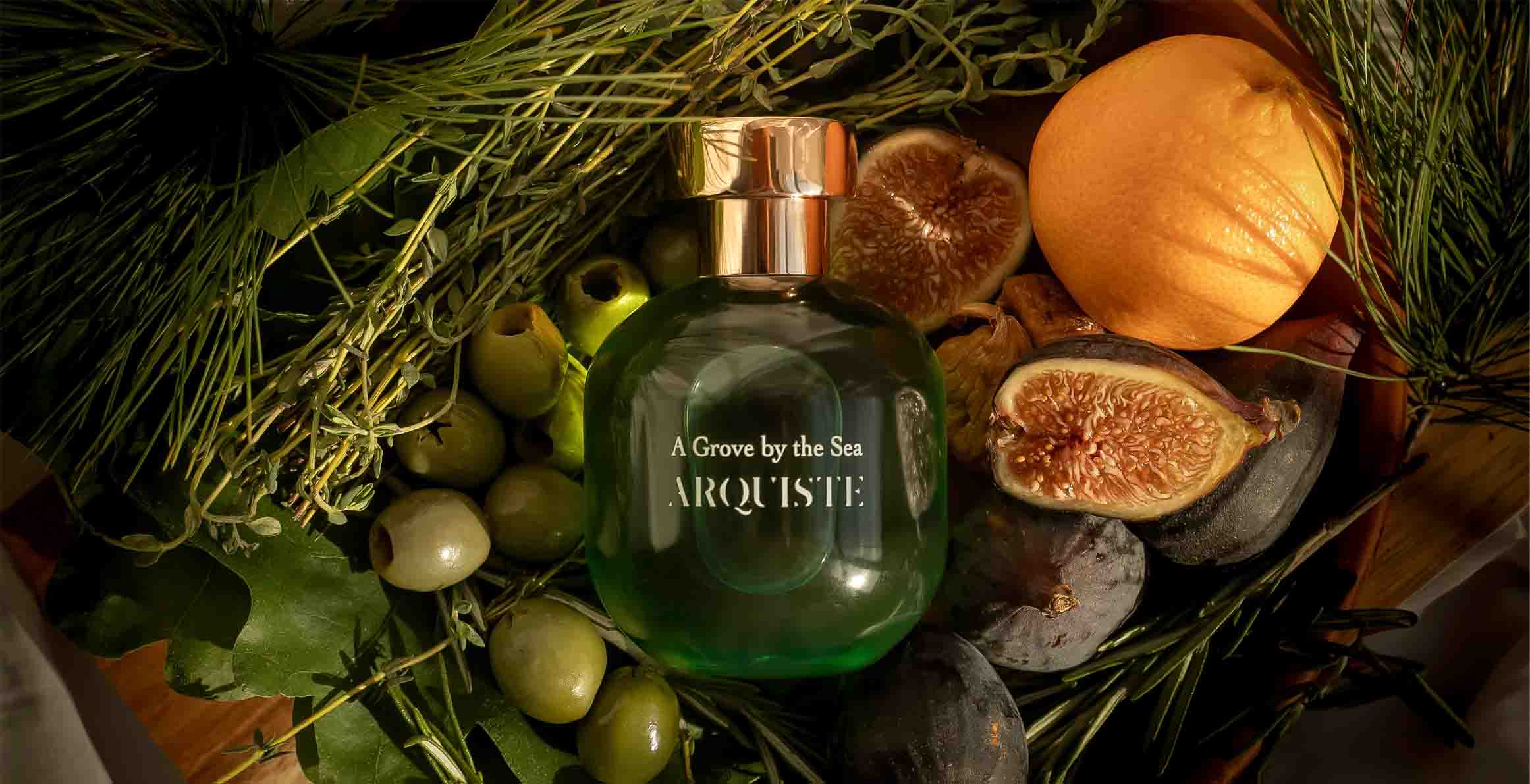Why do perfumes lose their scent? Fragrance longevity 101.
It can be immensely frustrating when you finally get ahold of the fragrance you’ve longed for, only for it slip through your fingers and vanish into thin air.
The complexities of how and why a perfume will (or won’t) last is a topic that remains under fierce debate. Influenced by a multitude of factors from design to natural chemistry and environmental factors, the question on many people lips remains; how do I find a fragrance that really lasts?
To comprehend how and why fragrances fade over time, it's essential to grasp the fundamental chemistry of perfume. Don’t worry, that’s not as scary as it sounds.
Put simply, perfumes are intricate blends of various volatile compounds, each contributing to the overall scent profile. The volatility of these compounds determines how quickly each of them evaporate individually and subsequently, how long the overall scent lingers.
Some materials, such as Bergamot (a citrus fruit largely derived from Calabria, Italy), are immensely volatile and evaporate very quickly even when highly concentrated. Others, like Benzoin (a sticky resin derived from the bark of the Styrax tree) evaporate much slower.
Logic would therefore say that in order to find a fragrance that lasts a long time, you simply need to look for ones that use materials which evaporate slowly. Whilst that’s not a terrible idea, it’s a dauntingly laborious prospect and one that also comes with an unfortunate pay-off; that these types of materials are often much less diffusive.
Bergamot may not last a long time, it is true. However this citrus fruit is prized, not just for its delicious scent but also for it’s incredible diffusive quality. It can stretch across the room when released into the air, turning heads and piquing curiosities. Conversely, Benzoin may linger for hours upon hours but its scent is far more intimate, requiring closer attention before it becomes really noticeable.
Much of the vibrancy and “scent throw” of perfumes come from ingredients with a great diffusiveness and much of the longevity comes from less diffusive materials that are able to stick around. Most perfumes are therefore a mix of the two and this where a common (albeit often misleading) illustration comes into play.
The famous "fragrance pyramid” is a depiction of what’s known as the ‘evaporation curve’. The pyramid is split into three sections; top, middle (or “heart”) and base notes. The perfume’s ingredients are placed into one of the sections, based on when they evaporate.
This gives you a visual idea of how your fragrance will behave over time and there are some easy takeaways from this. Top-heavy perfumes are likely be very diffusive yet may not last long. Bottom-heavy perfumes, the opposite.
But what the fragrance pyramid doesn’t depict is the relative quantities of each of these materials. A fragrance may well contain luxurious, long-lasting Benzoin but it may make up less than 1% of the entire composition and therefore lend very little in the way of longevity.
What a fragrance pyramid also doesn’t illustrate is how other factors can affect the performance. The interaction between your skin’s hydration or temperature, as well as the combination of the perfume with your own naturally-emitting scent all has an effect on the way it behaves. Environmental factors such as humidity or air circulation also affect the ability that a scent has to move through the air.
So whilst it's inevitable that perfumes will fade over time, there are several strategies to get the most from your fragrance;
- Moisturise: Applying fragrance to well-moisturised skin can help to retain the scent. Whilst it won’t completely alter a fragrance’s performance it may do a little to improve it and nicely moisturised skin is always a nice thing anyway…
- Strategic Application: It’s commonly believed that pulse points (which radiate heat) can help add some extra gusto to your scent. However, the less obvious (but more common) problem is derived from not spraying enough. Don’t be shy!
- Proper Storage: Store perfumes in a cool, dark place to prevent exposure to direct sunlight and regularly fluctuating temperatures. This helps maintain the stability of the fragrance compounds.
- Choose Quality Products: Quality ingredients and expert craftsmanship contribute significantly to the overall longevity of a fragrance. It takes time to find the right ones, but is sincerely worth the wait.









Leave a comment